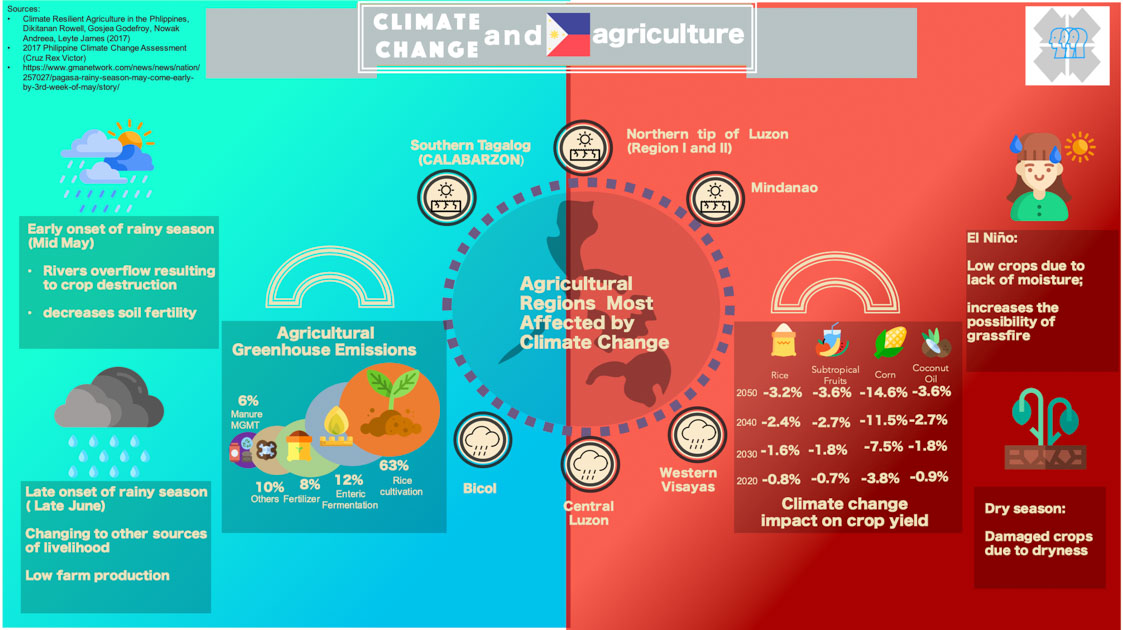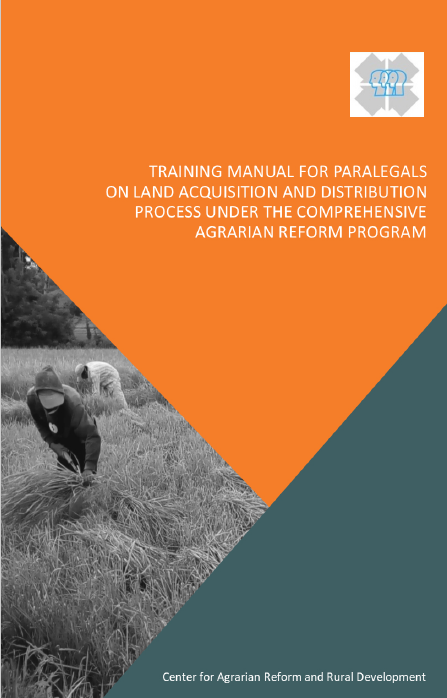CARRD believes in an inclusive rural development that is based on equitable access to and ownership of productive resources

Equal terms of partnership

Environmentally-sound farming systems

Resilient livelihoods

Secure tenure rights

Stable access to productive resources for smallholder farming families

Secure food systems

Empowered communities









